Introducing the inaugural cohort for 2021-2022
Supported by the Townsend Family, Southern Futures has gathered a cohort of 6 scholars invested in the future of the American South. These extraordinary scholars will convene a national conversation around Southern Futures in the spring of 2022.
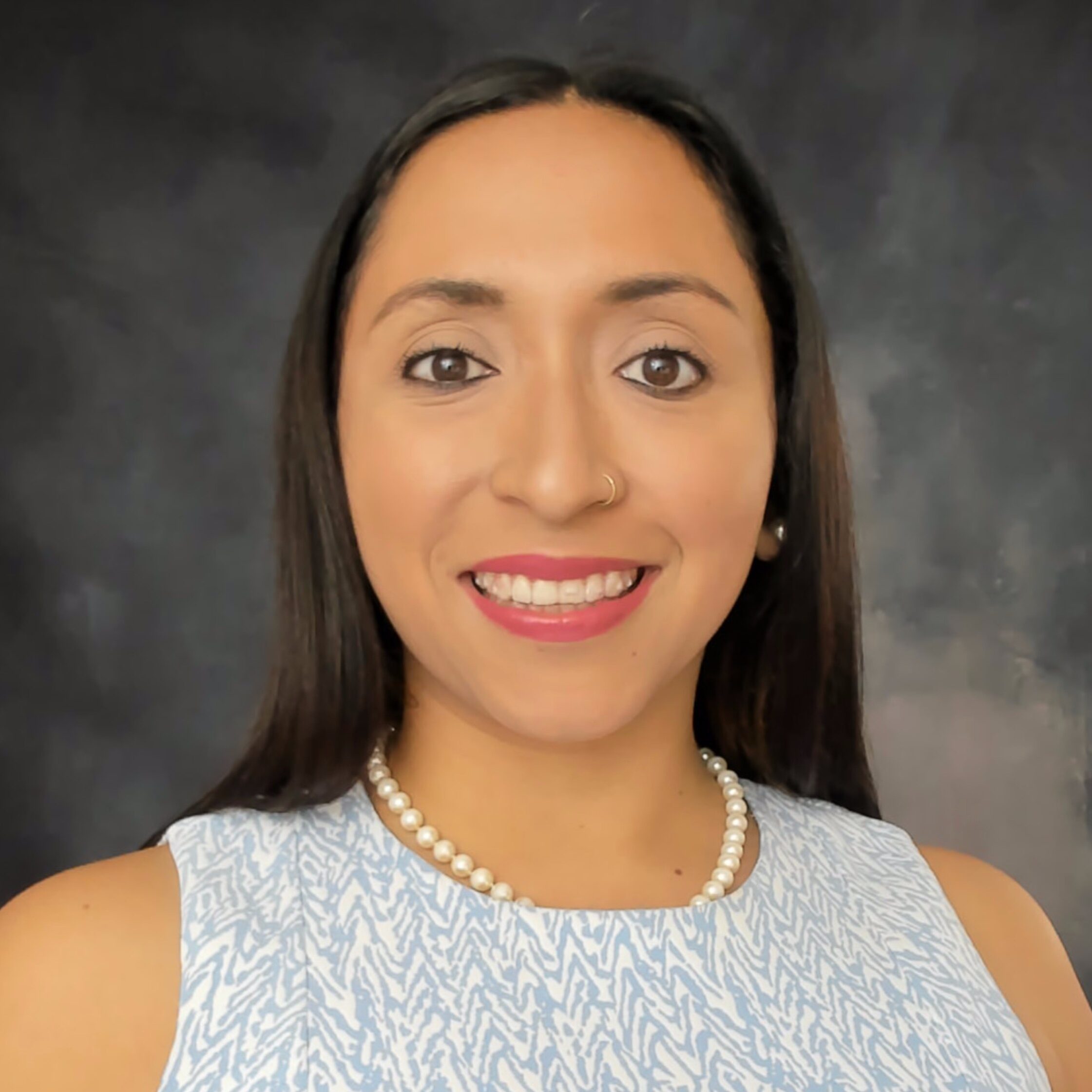
Ariana Ávila
Anthropology
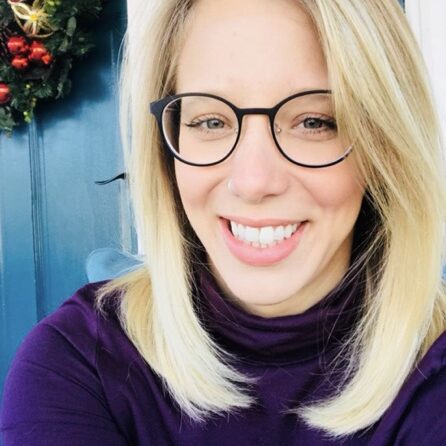
Courtney Canter
Anthropology, School of Medicine
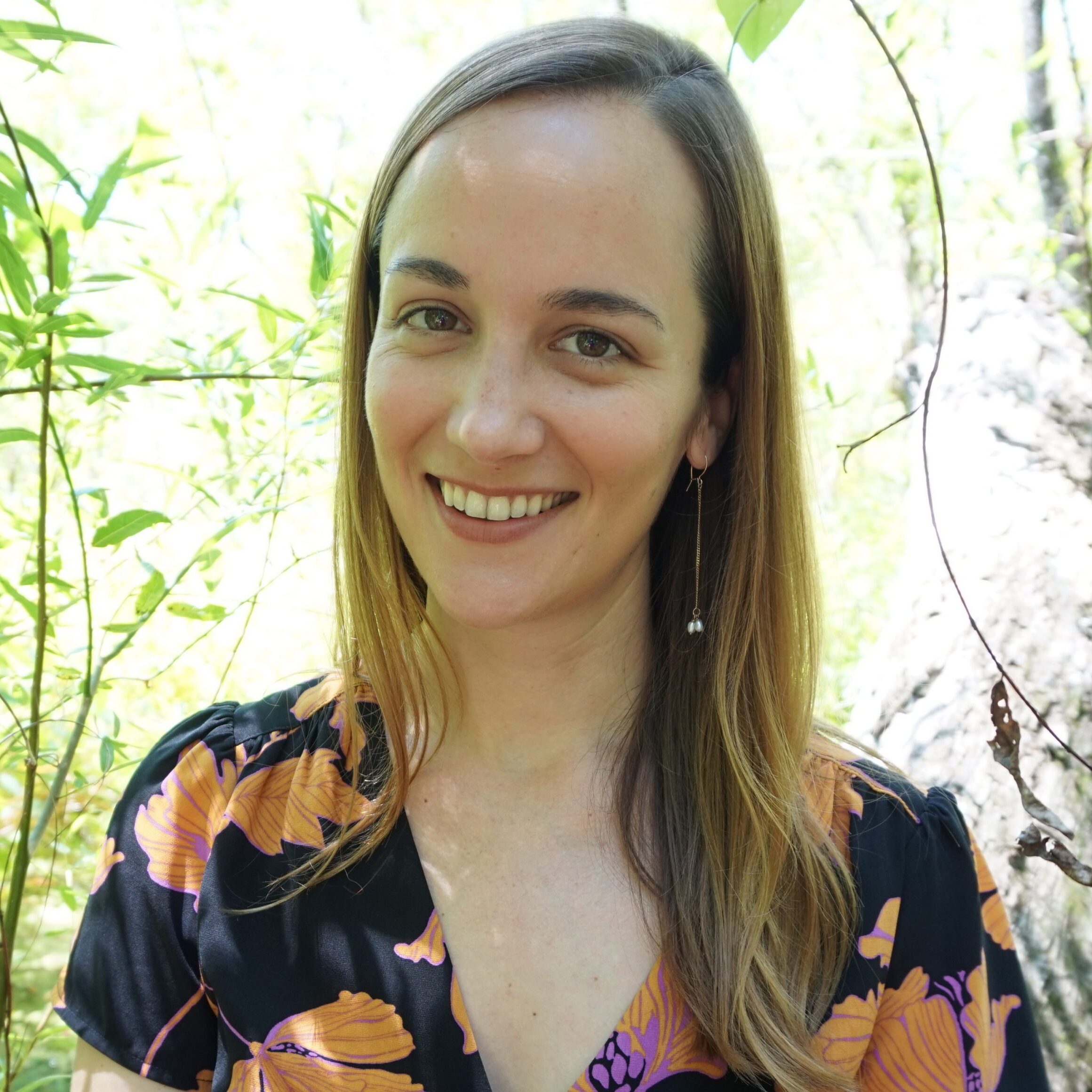
Anna Hamilton
American Studies
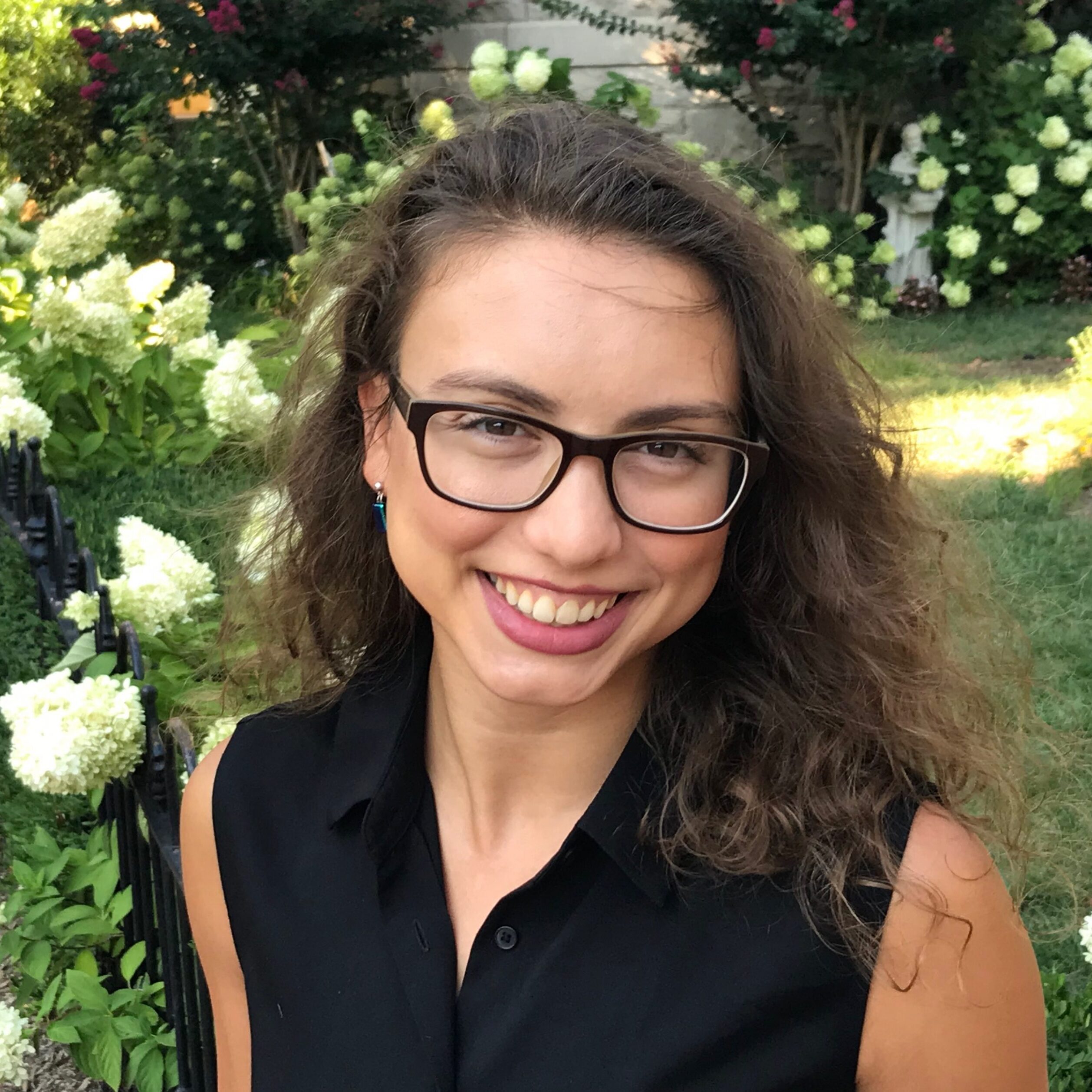
Erica Janko
Sociology
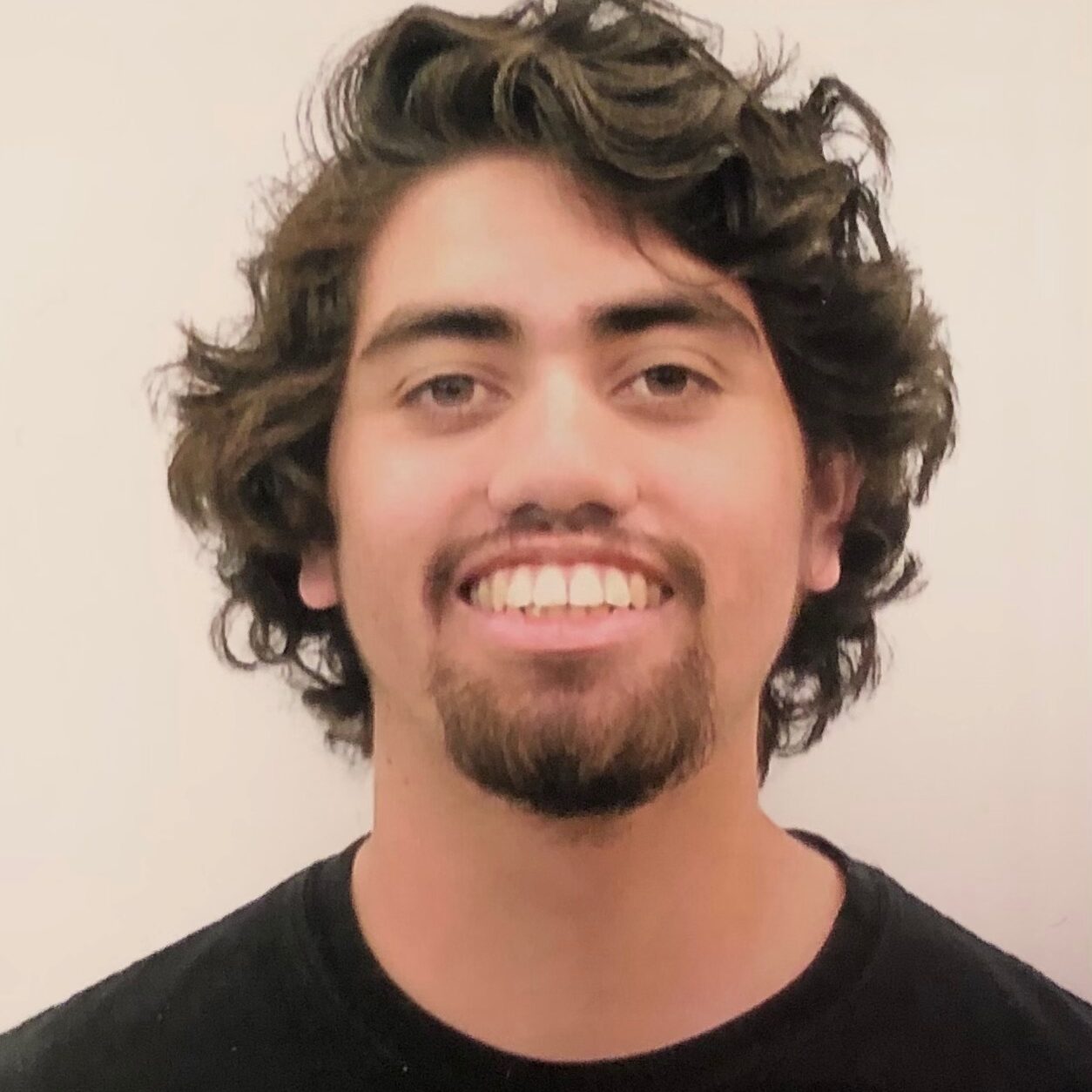
Carlos Serrano
Geography
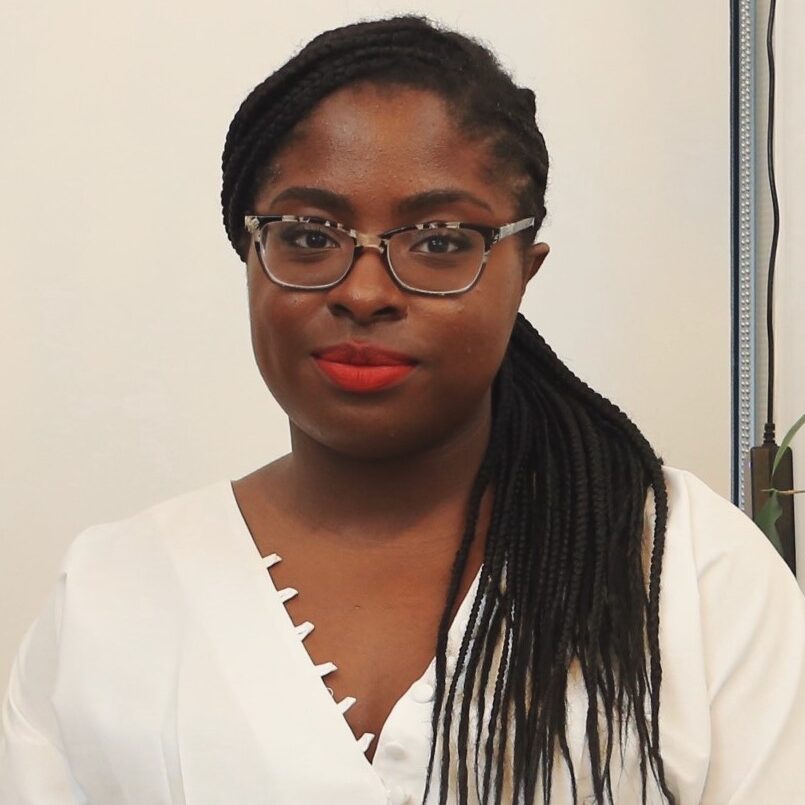
Zari Taylor
Communication
These scholars proposed vital questions about the future of the region:
- We’re not only asking what southern futures will look like, but what should southern futures look like?
- How can we move forward while accurately acknowledging the complexity of our history? How can we take action that educates rather than erases?
- How might we view the US South in relation to US imperialism and global racial capitalism to understand empire’s external and internal power structures?
- How can we work to build a region where our community members can work and age with dignity?
- How can we prevent and prepare for gun violence in the US?
- How can we change the future conversation on the health of people living and working in the U.S. South?
Learn more about their research projects below:
Ariana Ávila
Anthropology
“...We do not see how the farmworkers, often with varying immigration statuses, are treated as expendable; the history behind the racialization of agricultural labor; and, most importantly, how farm workers work together to respond to the limitations in accessing healthcare services in rural Florida. As a second-year doctoral student of medical and sociocultural anthropology, these are the stories I wish to add to my field.”
Courtney Canter
School of Medicine and Anthropology
“My research is best described as an anthropological approach to the intersection between preparedness and gun violence in the US south. The US is the most heavily armed civilian population on the plant and gun ownership is particularly high in the US south, which is home to six of the top ten states with the most guns per capita. For decades, schools have been among the most common targets for mass gun violence and as spaces under government regulation, efforts to prepare for and prevent school-based gun violence highlight the ever-present friction between the individual’s right to bear arms and a school’s duty to protect. My research seeks to understand how gun violence has influenced state-level school safety and preparedness policy in Florida, as well as how community-level experiences with gun violence impact the ongoing prioritization and implementation of school safety policy among public schools in southern Florida.”
Anna Hamilton
American Studies
“I argue that it’s time to reevaluate our relationship with our southern environments—starting with swamps. In paying more attention to the complicated relationship between southerners and their swamps, marshes, bogs, wetlands, estuaries, bayous, and other mucky places, we can think more clearly about how environment and culture intersect, and how we take up space in an ecologically diverse world. This mandate is increasingly important, as communities across the South face dire consequences from a rapidly changing climate. At the center of this work is an enormous question: What futures can we imagine—and realize— for ourselves that balance optimism with realism?”
Erica Janko
Sociology
“I study – and study with – the workers who don’t know what’s coming next. These are the workers who don’t know what their work might look like the next month, the next week, or even the next day, if they have work at all. These precarious workers’ lives are marked by uncertainty. They cannot rely on steady jobs, predictable hours, or regular pay. My research examines the ways precarity impacts how workers in the U.S. South make sense of their lives in political contexts. As work grows more precarious along with politics, understanding their intersection in the South is crucial in imagining our future as a region and as a nation.”
Carlos Serrano
Geography
“My research focuses on the aftermath of the 1980 McDuffie Riots in Miami, Florida when police officers were acquitted for the killing of Arthur McDuffie. Days of rebelling in Miami’s Black neighborhood of Liberty City led to 18 deaths and more than $100 million dollars in property damage. I see the rebellion as a significant opening to understanding questions of urban development as Miami is now one of the most unequal cities in the United States. Additionally, while the rebellions were occurring, an influx of Caribbean and Latin American immigrants were introduced to Miami under these circumstances. My project uses the McDuffie rebellions to trace the false promises of city officials and developers in addressing the over-policing and displacement of Miami’s Black communities following the riots by focusing on the demands and experiences of community activists involved in organizing campaigns against displacement and policing.”
Zari Taylor
Communication
“My research is broadly interested in the construction of Blackness, both within Black spaces, and in mainstream White discourse. In focusing on the construction of Blackness in these spaces, I think through the politics of liberation, power and agency online and offline for Black communities. I interrogate how Black people speak back to legacies of colonialism, white supremacy, anti-blackness, and racism through creative practices including formal artistic practices and through social media platforms like Twitter and TikTok.”